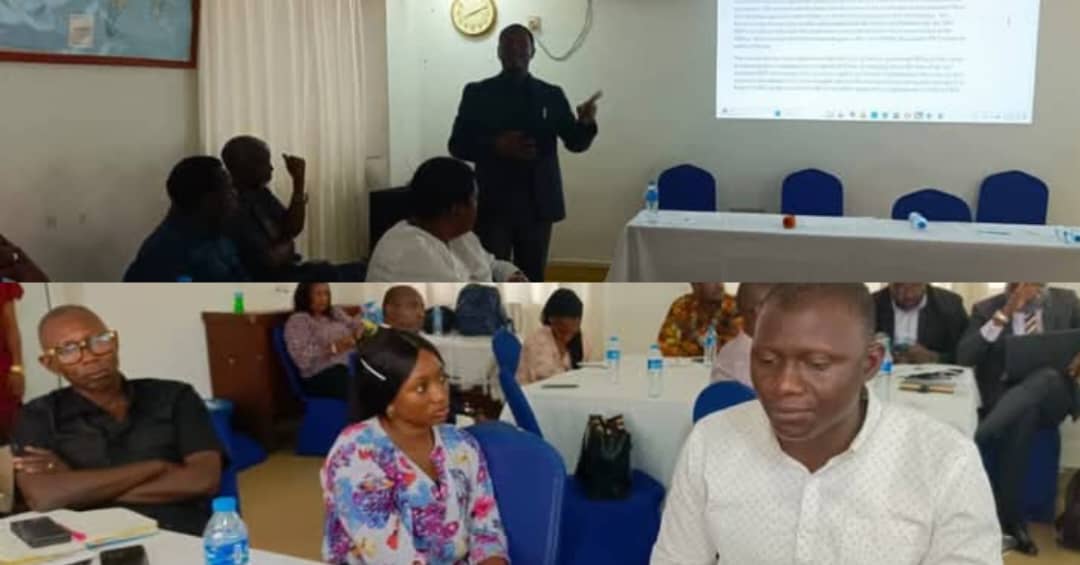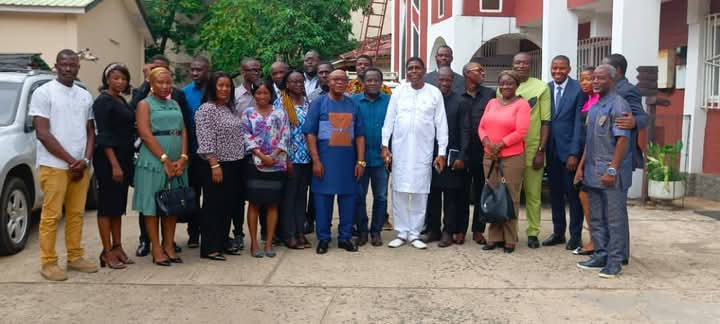The Right to Access Information Commission (RAIC), in collaboration with its partners, held a validation workshop on the comprehensive Right to Information (RTI) Evaluation Methodology to evaluate the implementation of the access to information law in Sierra Leone (Right to Access Information Act 2013).
Dr Ibrahim Seaga Shaw, the chairman and information commissioner of RAIC, explained the background and essence of the project and validation exercise, emphasizing the importance of the undertaking to national development.
“We are here to collectively validate a project document that seeks to assess or evaluate the implementation of RTI law in Sierra Leone to know whether the law is being enforced in the country. The project is funded by the Center for Law and Democracy (CLD) based in Canada. The CLD, in February of this year, provided training for the team in Sierra Leone on an RTI evaluation methodology. Since then, serious work and efforts have been put into the project, leading to the draft report which we are here to validate,” Dr Shaw explained.
Dr Seaga Shaw reminded attendees of the mandate of the RAIC, which he said is to facilitate access to information using a two-prong approach: engaging and capacitating public authorities on access to information on the one hand and punishing institutions for non-compliance on the other hand.
“This validation is to assess the document that captures findings and recommendations on RTI implementation in Sierra Leone,” he summarized.
In her keynote address, Madam Josephine Kamara, the Director General of the Sierra Leone Broadcasting Corporation, said access to information is fundamental to service delivery and our very existence.
Madam Kamara assured the RAIC of her institution’s continued commitment to providing the RAIC the platform for public awareness, dialogue, and civic engagement on access to information.
Hon. Mustapha Braima and Mr. Ahmed Kallon, the Executive Secretary and Eastern Region Commissioner of RAIC, respectively, explained the role of civil society in the RTI methodology and the access to information process in general, emphasizing that access to information should be everybody’s business as it enhances transparency, accountability, and good governance.

The validation exercise was climaxed by a PowerPoint presentation of the draft RTI Evaluation Report by the project coordinator and a careful, thorough scrutiny of the report by representatives from government institutions, civil society organizations, and the media. Comments, suggestions, and recommendations were made to be captured in the final report.











